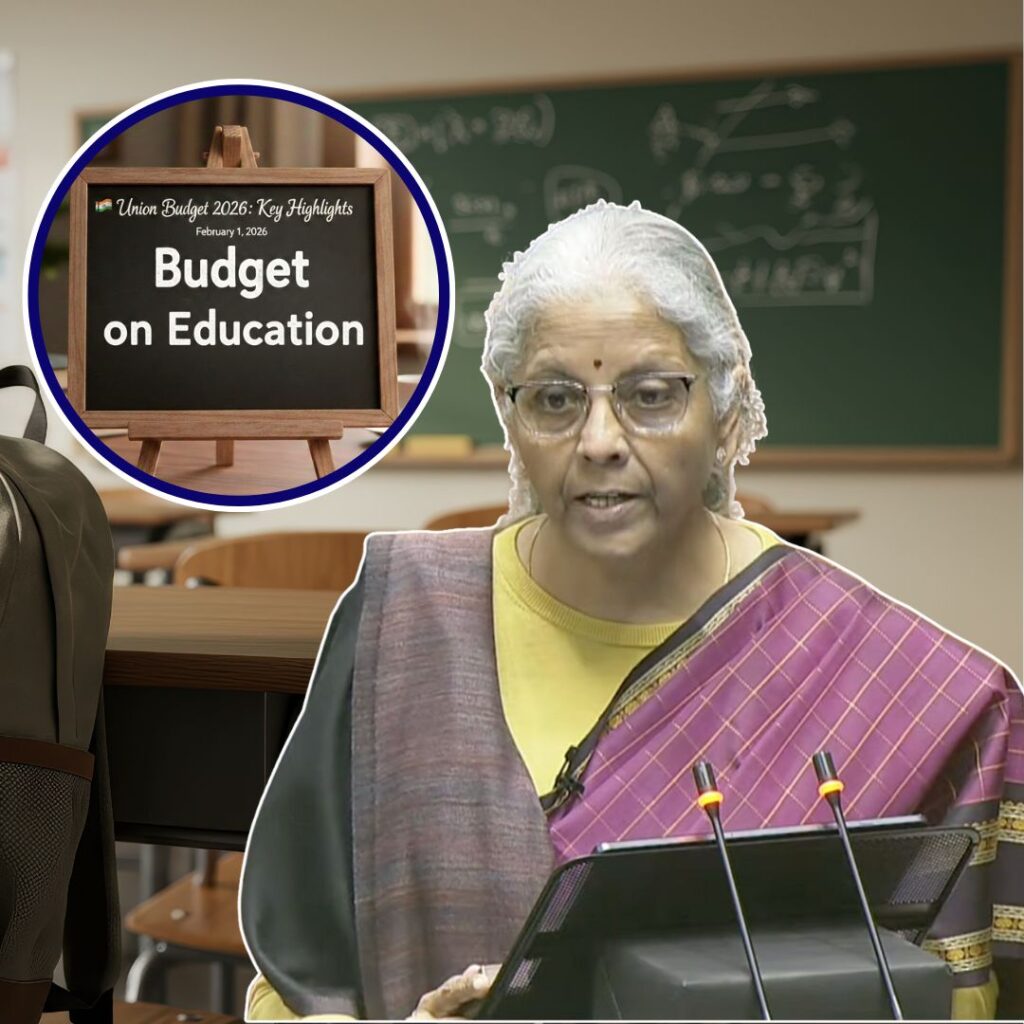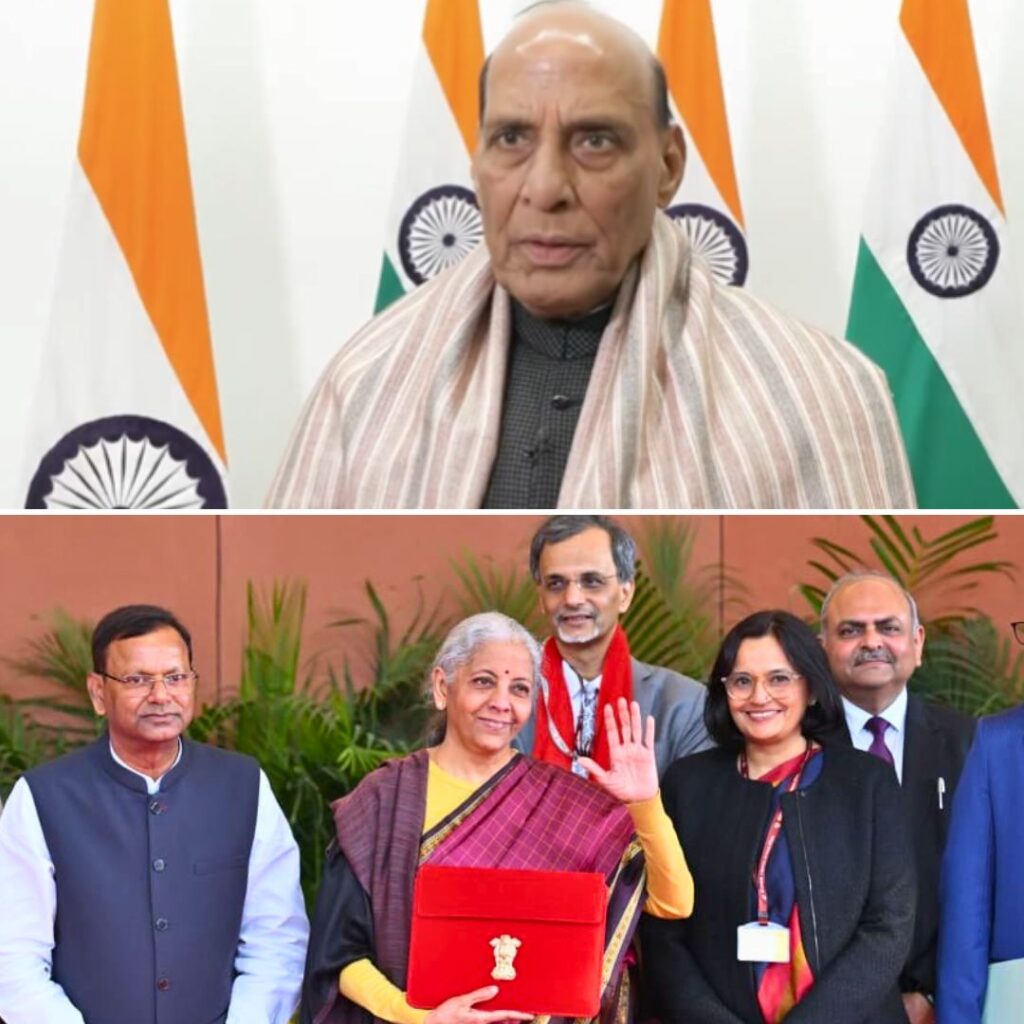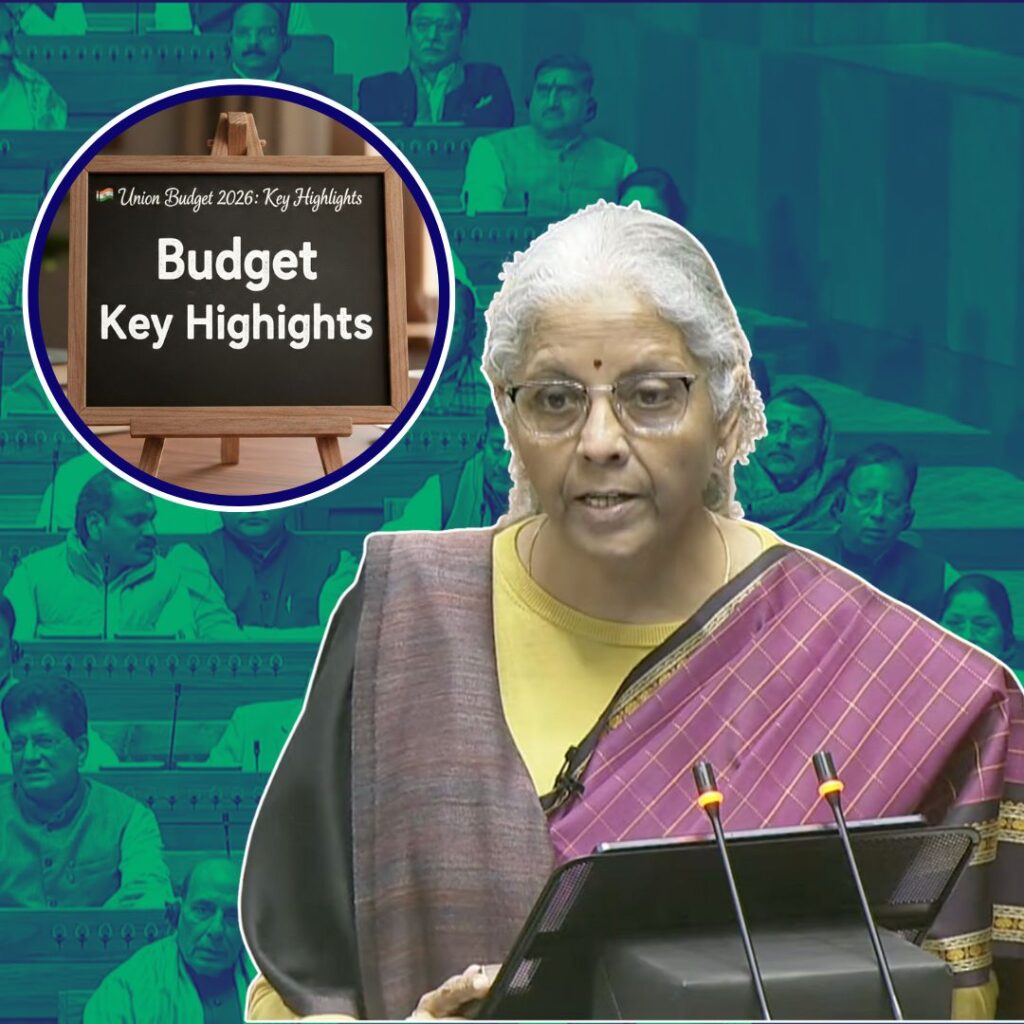In the wake of education going online amid the COVID-19 crisis, mentors from the six prominent tribal communities in Wayanad district, have begun online classes for tribal students in the district in their own dialects.
Under the project Implemented by Samagra Shiksha Kerala (SSK), the mentors translate the Malayalam content aired through the government-run education channel Kite Victers, into tribal dialects. The Malayalam content is translated into six local tribal languages – Paniya, Kurichya, Oorali, Kattunaykkar, Adiya and Kuruma.
To mark the official commencement of online classes in tribal dialects, the Mananthavady MLA O R Kelu inaugurated the project online on Friday.
Currently, the videos and sports classes reach the children through YouTube and WhatsApp groups.
‘Since it is for tribal kids, classes are not streamed on VICTERS channel, which covers a wider population. Nearly 5,000 children will benefit from this,’ Sindhu SS, state programme officer (access and retention), Samagra Shiksha Kerala (SSK) of General Education Department told The Hindu.
Since the government began ‘First Bell’ online classes for students on June 1, the tribal students were finding it difficult to join the classes due to lack of television sets and smartphones to access the channel. As the medium of instruction of e-learning is in vernacular Malayalam, they were also finding it difficult to understand the classes.
According to G Pramod, Tribal Development Officer, Mananthavady, there are over 22,000 tribal students in the district, belonging to the six communities, studying in classes one to 12. As many as 248 mentor teachers are involved in the SSK project to translate the content into tribal dialects, he told PTI.
These ‘gothrabandhu’ teachers or tribal mentors are tribal youth appointed by the government to facilitate classes to children in their native languages.
‘Malayalam, which is the medium of instruction in lower classes, is an alien language for students from the tribal communities. When classes started on VICTERS channel, tribal mentors were concerned about first-graders from our communities,’ Manju, a member of the Paniya tribe said.
‘I translated some classes on my own and sent audio notes to other tribal mentors via WhatsApp. Now, our children can also enjoy and learn from these classes,’ she added.
According to Sreeja MS, a mentor from Kattunaykar community, the online sessions have been a new experience for the mentors as well.
‘Initially, I was nervous because I have never faced a camera or seen a shooting prior to this. Since I speak our dialect at a rapid pace, I was advised to slow down. That was not easy!’ she said.
The E-learning classes aired in tribal dialect will benefit thousands of students in the district. Similar online classes, in tribal-friendly dialects, would also be aired in parts of Malappuram, Palakkad and Idukki, if the project is successful in Wayanad, media quoted sources as saying.
Shooting for the online classes has already begun in Malappuram. In the district, the mentors are covering the dialects of Cholanaykkar, Aranadan and Muthuvan communities. However, according to officials, unlike Wayanad, it was harder to identify qualified people to lead classes in the district.
Meanwhile, in Idukki, the classes will be taken for children belonging to the Mannan community. Furthermore, the mentors have also made slight changes in the content so that the tribal children can easily relate to it.
‘For example, they are not familiar with appliances such as mixie and grinder that are mentioned in a chapter on kitchen equipment. So, I talk to them about ‘maravi’, a wooden utensil used in our homes to grind ingredients,’ Manju said.
‘When I talk about breakfast, I can’t mention dosa, puttu or chappathi because they have never had them. They might be on an empty stomach or might have had pazhanchoru (fermented rice). So I bring that aspect into the class. Or else, I discuss the weather or how they spend their day,’ she added.
Meanwhile, to facilitate classes for those students who have no access to the internet or television, the authorities have put up TV sets or laptops in community centres in the tribal colonies or in a specified spot close to their hamlets.
Since May 15, the state government has sought the support of politicians and civil society to provide television sets to anganwadis, libraries, schools and study centres where the students can watch their lessons aired on Victers.
This came after a study conducted by the General Education Department found that 2.42 lakh students in government and aided schools in the state did not have access to television with cable connection or computer/mobile phone with Internet.
Till date, a total of 20,000 television sets have been provided, of which, around 2,000 were given by the government and its departments, to facilitate online classes for the students in the state. The remaining were either donated by civil society organisations, private individuals and…











